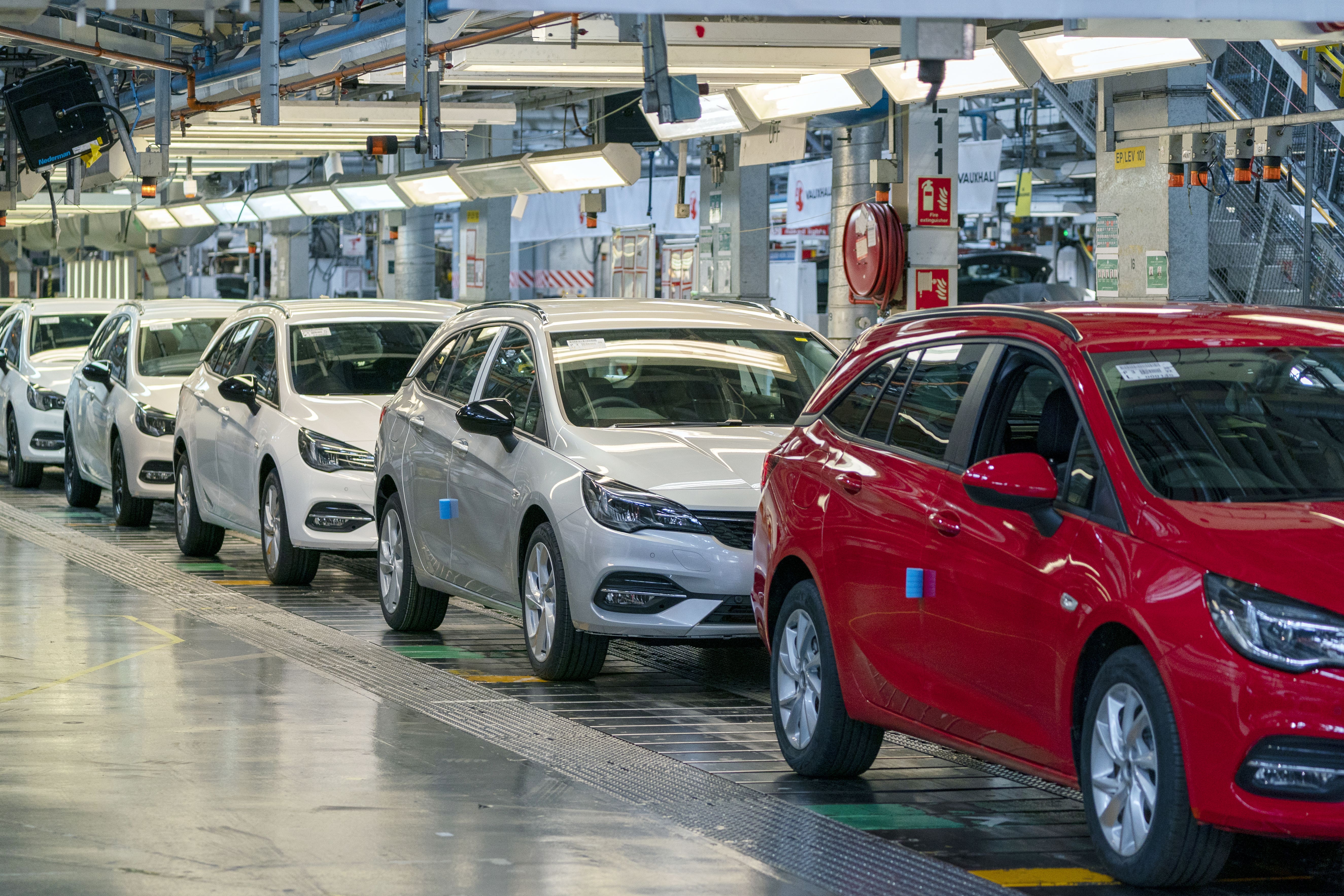Tata set to pick Somerset for new electric car battery plant, reports say
BBC News said the owner of carmaker Jaguar Land Rover is getting ready to sign a deal that would see the UK host the new factory.

Your support helps us to tell the story
From reproductive rights to climate change to Big Tech, The Independent is on the ground when the story is developing. Whether it's investigating the financials of Elon Musk's pro-Trump PAC or producing our latest documentary, 'The A Word', which shines a light on the American women fighting for reproductive rights, we know how important it is to parse out the facts from the messaging.
At such a critical moment in US history, we need reporters on the ground. Your donation allows us to keep sending journalists to speak to both sides of the story.
The Independent is trusted by Americans across the entire political spectrum. And unlike many other quality news outlets, we choose not to lock Americans out of our reporting and analysis with paywalls. We believe quality journalism should be available to everyone, paid for by those who can afford it.
Your support makes all the difference.Somerset is set to become the new location for a multi-billion pound electric car battery plant that could create thousands of jobs, according to new reports.
BBC News said Tata Group – the owner of carmaker Jaguar Land Rover – is getting ready to sign a deal that would see the UK win a battle with Spain over where the new factory would be based.
It would mark an important milestone for Britain in terms of innovation and investment in the automotive sector.
According to the BBC’s report, Tata’s chairman is scheduled to meet Prime Minister Rishi Sunak in the middle of next week.
It added that sources familiar with the matter said a deal has not yet been signed but engagement has taken a step forward as negotiations have moved on to drafting an agreement.
Chancellor Jeremy Hunt last week hinted the deal could be imminent, saying: “All I would say is watch this space because we are very focused on making sure the UK gets that EV manufacturing capacity.”
A new Bridgewater-based plant could create up to 9,000 jobs.
Tata was believed to be considering another site in Spain, which is a member of the European Union, unlike Britain.
A spokesman for Tata did not have any comment on the reports.
It comes after Stellantis, one of the world’s largest carmakers, warned it will be unable to keep its commitment to make electric cars in the UK and could have to close factories without changes to the Brexit deal.
The Vauxhall, Citroen and Peugeot owner last week told a Commons inquiry into supply of batteries for EV manufacture that its UK investments hanged in the balance due to the terms of the trade deal.
It stressed the need to “reinforce the competitiveness of the UK by establishing battery production in the UK”.
Meanwhile, earlier this year a start-up called Britishvolt, which had promised to build a massive battery factory in the north-east of England, went out of business.
The company had been seen as one of the UK’s biggest hopes on the battery sector but had no previous experience of producing batteries and could not secure the money it needed.